Cancer Research UK’s ‘no-make-up selfie’ campaign
- Exhibited by
- Catherine Cottrell
- Added
- April 30, 2015
- Medium of Communication
- social media/selfie/digital fundraising
- Target Audience
- Type of Charity
- Healthcare
- Country of Origin
- Unknown (possibly UK or US)
- Date of first appearance
SOFII’s view
Excellent use of the text message and proof, if it were needed, of the power of social media in mass fundraising. It will be interesting to see how many of the two million women worldwide who took part in the campaign remain as committed supporters to Cancer Research UK.
Summary / objectives
- To capitalise on the selfie phenomenon and the no make-up selfie viral activity.
- To raise donations and recruit future supporters of Cancer Research UK (CRUK).
Background
The no-make-up selfie started on a Tuesday afternoon in March 2014 when women posted pictures of themselves without make-up on Twitter and Facebook and urged their friends to do the same. Awareness of cancer became the theme: women posting selfie pledged donations to cancer charities and CRUK set up a text number to make donating even easier.
But the cancer charity did not start the trend – it grew organically, making a huge impact on social media and getting attention in national newspapers and on radio and television news.
No one knows how the no-make-up selfie started. Some think it may have been a reaction to the negative comments directed towards 81-year-old actress Kim Novak following the Oscars, when people lined up to sympathise with her by posting pictures of themselves in, mostly, unflattering lights. Several newspapers in the UK stated that it was the idea of Fiona Cunningham, a young woman from Stoke, who did, indeed, post a make-up-free picture to show solidarity with Kim Novak and asked people to donate via text message to a cancer charity after losing members of her family to the disease.
Creator / originator
Cancer Research UK
Special characteristics
- Simple, not overly engineered.
- Takeover of the no-make-up cancer awareness trend.
- Light touch.
- Moved awareness to text to donate
- Largely social media driven but high level of offline public relations.
- Increased excitement through nomination/tagging
Influence / impact
It opened opportunities for other charities to use same method, generated 600 news stories, reached 80 per cent of UK adults, achieved 221,400 Facebook fans and 8,000 Twitter followers,
Costs
- No direct costs.
- Follow up with donors stewardship cost from SMS (unknown).
Results
- It raised £8m for Cancer Research UK and made 2.8 million new friends, £1 million in the first 24 hours.
- Ten new clinical trials started that wouldn't exist without the no-make-up selfie.
Merits
- Heralds a culture of innovation and freedom.
- First and biggest of its kind.
- Excellent use of social media channels.
- Sensitive approach to donor follow-up.
Catherine Cottrell presents this campaign at SOFII’s IWITOT London 2014
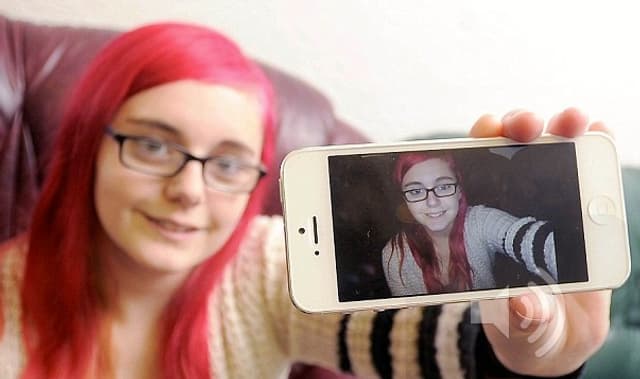
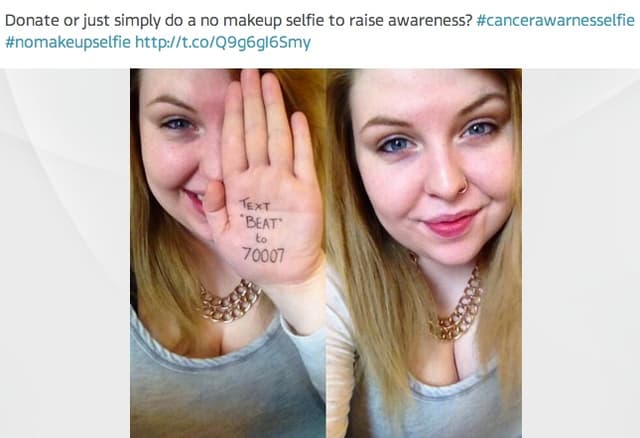
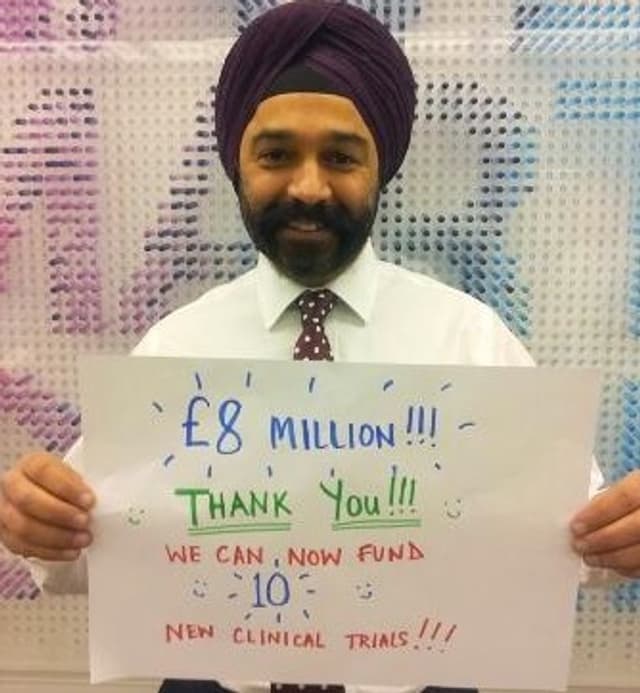
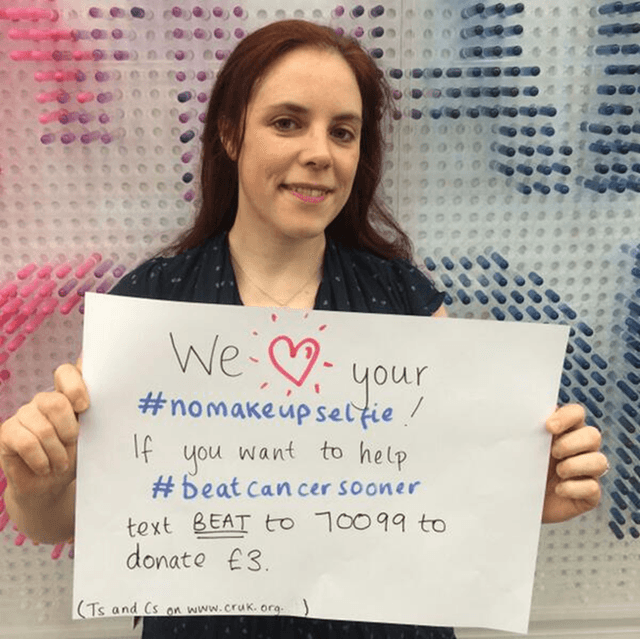
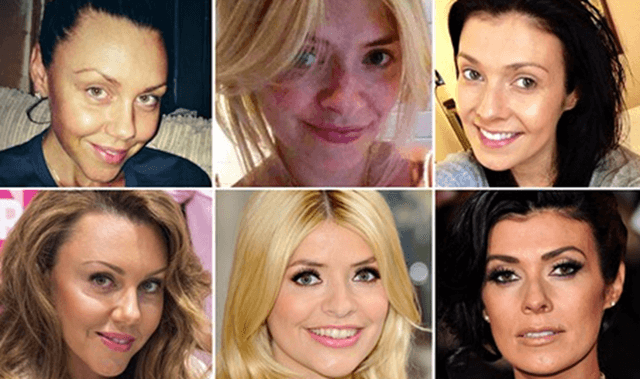
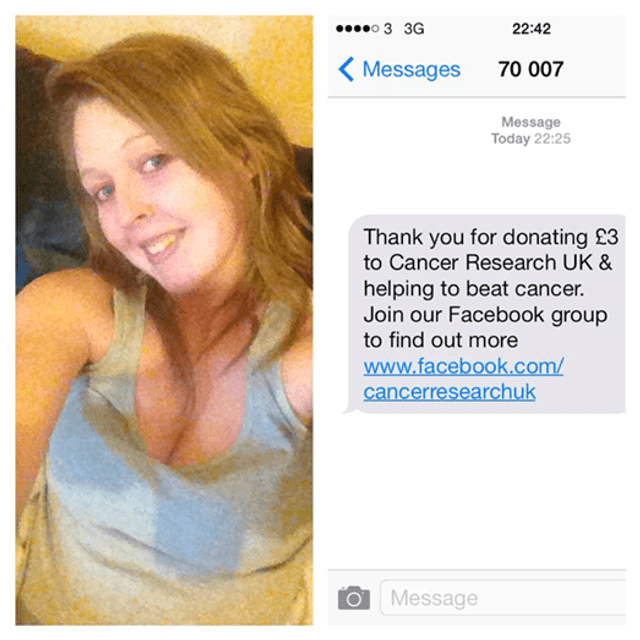
Also in Categories
-
- Events and Community
Tags
- Digital

















